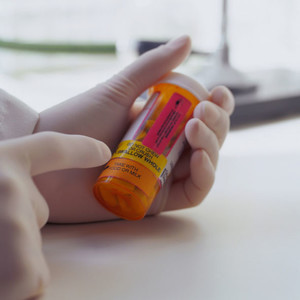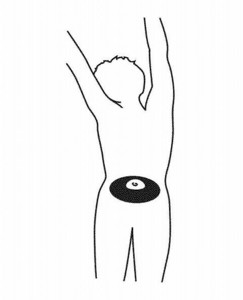Over 3% of people with hepatitis C infections also have HIV. A new study conducted in Taiwan shows that generic versions of the hepatitis C treatment Epclusa are equally effective in patients with and without HIV co-infection [1].
Hepatitis C virus (HCV) attacks the liver. It can be spread via blood and is estimated to infect over 70 million people worldwide. There is currently no vaccine against HCV, which – if untreated – can go on to cause cirrhosis and liver cancer.
HCV infection is even more deadly in patients who also have HIV, where HCV viral loads increase, the rate of liver damage speeds up, and risk of serious complications – such as jaundice, fluid build-up in the stomach and even changes in the brain – increases.
Fortunately, there are now a range of treatments available for HCV. As hepatitis C infections occur most frequently in developing regions of Africa and Central and East Asia (where HIV is also more common), the availability of cheap, generic versions of HCV antivirals is particularly important.
Based on promising results obtained for other antiviral agents for HCV/HIV co-infection, this study assessed the safety and effectiveness of a generic version of the HCV drug sofosbuvir/velpatasvir, in patients with or without HIV.
Marketed by US antiviral specialists Gilead Sciences as ‘Epclusa’, sofosbuvir/velpatasvir was the first hepatitis C treatment shown to treat all major HCV genotypes, and has been approved by the US Food and Drug Administration (FDA) and the European Medicines Agency (EMA) for treating these six types of HCV. It has recently been shown as safe for patients who also have HIV.
This drug combination is particularly appealing, as it has a low pill burden (often only one pill per day), has a broad spectrum of action, few interactions with other drugs and a good safety profile.
To find out more about the effectiveness of the drug in these two patient groups (HCV and HCV+HIV), the researchers studied 159 people with HCV and 69 people with HCV and HIV. Patients received three months of generic Epclusa treatment and their antiviral responses and adverse events were monitored.
Antiviral responses analysed as ‘sustained virological response 12 weeks off therapy (SVR12)’. This refers to a sustained effect of the drug, i.e. no detection of the virus in the blood, three months after treatment has ended.
The researchers found that SVR12 was achieved in an impressive 98% of the HCV group and 97% of the HCV/HIV group receiving therapy. Although six patients did suffer serious adverse events (including bleeding and spontaneous bacterial infection), none of the patients had to stop treatment. However, the authors do say it is also important to monitor for hepatitis B virus (HBV) infection during treatment, as 60% of HCV/HBV infected patients showed HBV reactivation during treatment.
Overall, this study shows that generic Epclusa is well-tolerated and effective in HCV patients who also have HIV and helps to dispel false beliefs surrounding the bioequivalence and quality of generic HCV treatments.
Conflict of interest
The authors of this research paper [1] declare several personal interests, which are outlined in full in the paper.
Editor’s comment
Readers interested to learn more about generic antiviral treatments are invited to visit www.gabi-journal.net to view the following manuscripts published in GaBI Journal:
HIV patients will accept generic treatments
Healthcare professionals will accept generic HIV treatments
Pathway to affordable, quality-assured sources of pegylated interferon alpha for treating hepatitis C
Readers interested in contributing a research or perspective paper to GaBI Journal – an independent, peer reviewed academic journal – please send us your submission here.
GaBI Journal is indexed in Embase, Scopus, Emerging Sources Citation Index and more.
Related articles
Generic sofosbuvir and daclatasvir bioequivalent to originators
WHO prequalifies first generic hepatitis C drug
Reference
1. Liu CH, Sun HY, Liu CJ, et al. Generic velpatasvir plus sofosbuvir for hepatitis C virus infection in patients with or without human immunodeficiency virus coinfection. Alimen Pharmacol Ther. 2018;47(12):1690-8.
Permission granted to reproduce for personal and non-commercial use only. All other reproduction, copy or reprinting of all or part of any ‘Content’ found on this website is strictly prohibited without the prior consent of the publisher. Contact the publisher to obtain permission before redistributing.
Copyright – Unless otherwise stated all contents of this website are © 2018 Pro Pharma Communications International. All Rights Reserved.








 0
0











Post your comment